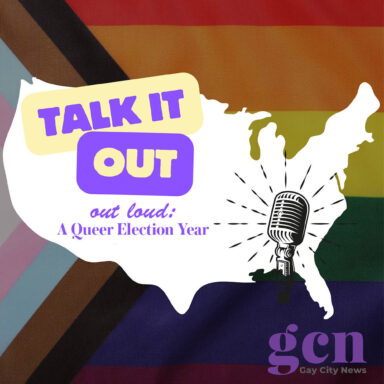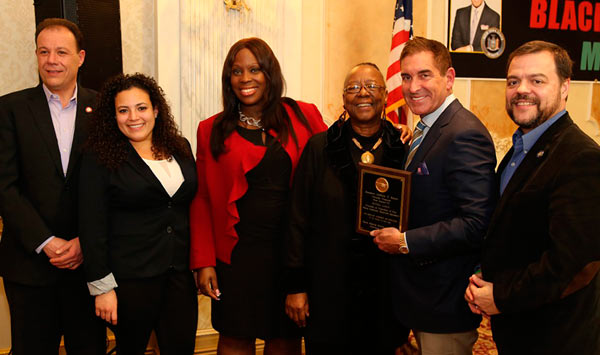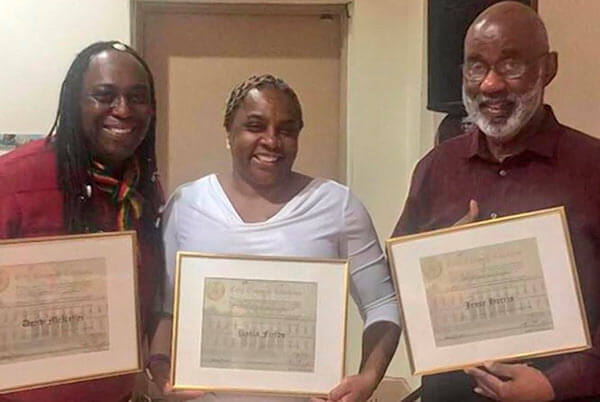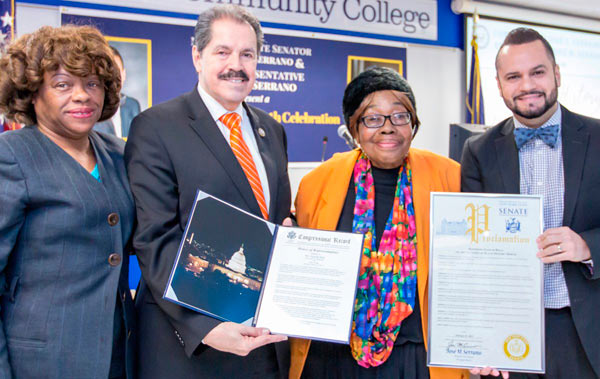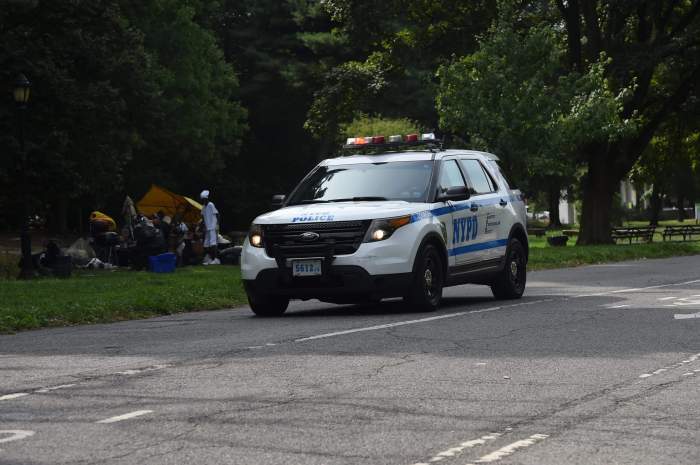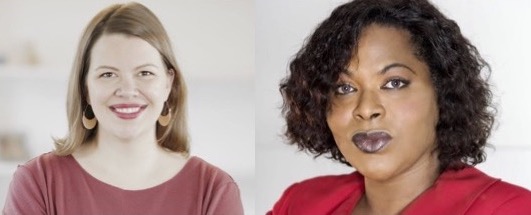Black Bronx politicians launched into Black History Month with a discussion of racial issues that hit close to home and told of their own beginnings and upbringings on Tuesday night through a Facebook Live stream.
Speaker Carl Heastie of the Assembly told that he aimed to “take communities of color with me” when he became speaker years ago in an effort to to change New York and to change the world for people of color, a message which resonated with fellow Bronx men like newly elected councilman Kevin Riley.
Riley shared that he grew up with his father incarcerated, “thinking that’s inevitable” for himself until he began to see other paths emerge for young Bronx men by way of Heastie and senator Jamaal Bailey.
He added that while growing up, Riley was taught in school that racism was something of the past, only to see that it is still a highly prevalent issue in American and global society.
Assemblywoman Latoya Joyner also spoke to the Bronx’s diversity and that this generation’s wave of success in the borough has been a first for many local families.
Bailey spoke to such a point, encouraging Bronx residents to become strong community partners through many mediums, not just running for political office.
Meanwhile, newly elected congressman Ritchie Torres boasted the significance of the black vote, particularly in this election.
Speaking on the history made by incumbent Vice President Kamala Harris, Torres said that is a step closer to a multiracial democracy for the nation – though much more needs to be done here and now, he added.
Citing racial disparities within the paycheck protection program, Torres said “black businesses were largely left behind” and that moving forward racial equity should be at the center “of everything we do,” adding that the current democrat majorities give way for a potential “FDR moment” in socioeconomic policy.
While fellow freshman congressman Jamaal Bowman dismissed a comparison to former president Franklin Delano Roosevelt on account that “FDR negotiated with southern racists,” according to Bowman, he did call for a Black New Deal which would promote racial equity.
Using the example of Bronx housing and educational needs underfunded, Bowman said such a wealth gap is “by design” and needs to be changed.
Assemblywoman Amanda Septimo also addressed “the reality that identity is so critical to everything that we do,” a point reiterated by assemblywoman Chantel Jackson.
Jackson said she does her job to be an inspiration to young black girls and other women and men of color, later discussing her stance on the Black Lives Matter movement and protests from this summer.
Downplaying the violence, rioting, and looting which came separate to peaceful protests in many cases, Jackson said “bodies matter more than business” in the context that she believes larger issues are still at hand.
Though, Bronx District Attorney Darcel took an opposite stance on the issue, denouncing the looting and riots which happened on Fordham Road and Burnside Avenue in June.
“It’s not going to help our cause, she said, adding that destruction of one’s community is not the answer to such racial issues.
Clark continued, citing the Bronx’s gun violence epidemic and saying that there is a need to take “ownership” of such issues.
She also noted in the areas where many of the year’s shootings occurred there are a lack of resources such as libraries, community centers, along with a slew of abandoned buildings and homelessness.
Councilwoman Vanessa Gibson, who has joined Clark in several anti-gun violence movements while also protesting violence against minorities and trans people also addressed Black Lives Matter, saying that the movement itself is being gentrified in many ways.


